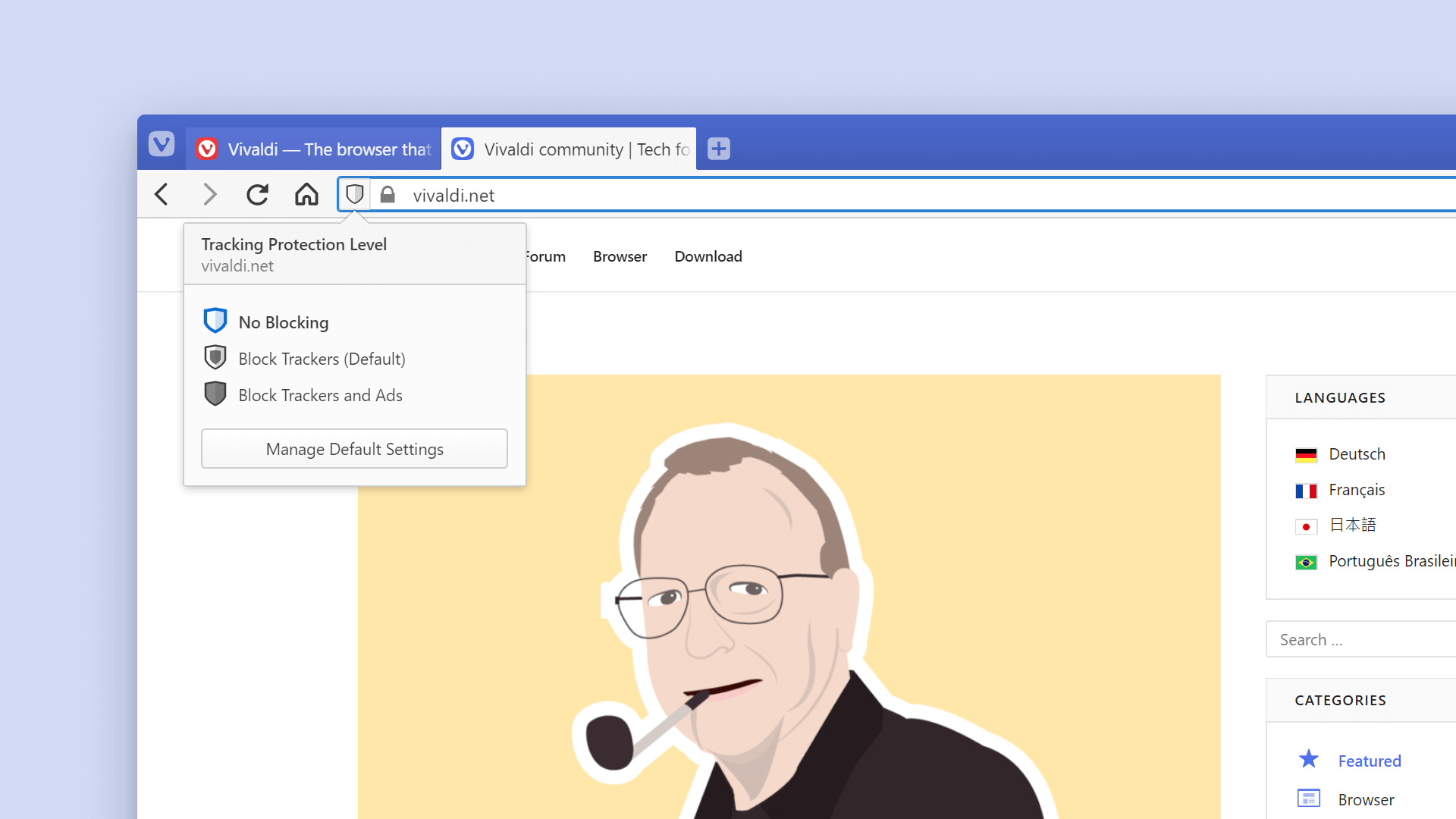A hot potato: Microsoft's decision to make switching from Edge to another browser easier in Windows 11 may have been welcomed by users, but rival browser companies say it doesn't go far enough and should be made available to everyone, not just the more tech-savvy types.
One of the issues people had with Windows 11 at launch was that Microsoft seemed to be up to its old tricks again when it comes to forcing people onto default browser Edge. Installing a new browser and opening a link gave a single chance to commit to that browser with a checkbox, but missing it meant manually changing the default way of opening several internet-related file types, including .html, .htm, .mhtml, .pdf, and protocols like HTTP and HTTPS.
Microsoft took a lot of flak from consumers and web companies alike over this process, and it eventually brought back the usual, one-click method of changing the default browser---via an optional set of Windows 11 cumulative updates (KB5011563).
But it seems the change hasn't appeased rival browser makers. "This should apply to all users, not just the ones who are technically competent enough to realize that they need to install an optional update, and know how to actually do so. It should be installed for all users," Vivaldi boss Jon von Tetzchner told The Register.
"While they have made an attempt, the fact that it has been done the way it has leads to the assumption that it is only being done to avoid being prosecuted for anticompetitive behavior, not to actually solve the underlying problem."

Tetzchner concluded with a vaguely threatening, "They [Microsoft] continue to try to make it harder to switch to and use other browsers. We look forward to the EU following up on this malpractice."
Mozilla, the maker of Firefox, was equally unimpressed by the Redmond firm. "People should have the ability to simply and easily set defaults and all operating systems should offer official developer support for default status."
"In practice, we'd like to also see progress on reducing the number of steps required to set a new browser as default, and on opening and making APIs available for apps to set default that other Microsoft applications use."
Source: StatCounter Global Stats - Browser Market Share
For all the criticism Microsoft has faced over its tactics for promoting Edge, it is now the second most popular browser on desktops after pushing Safari off the number two slot last month with a 9.5% share. Research firm Statcounter has Firefox with a 7.5% slice of the pie, and Vivaldi doesn't have enough users to make the chart.
